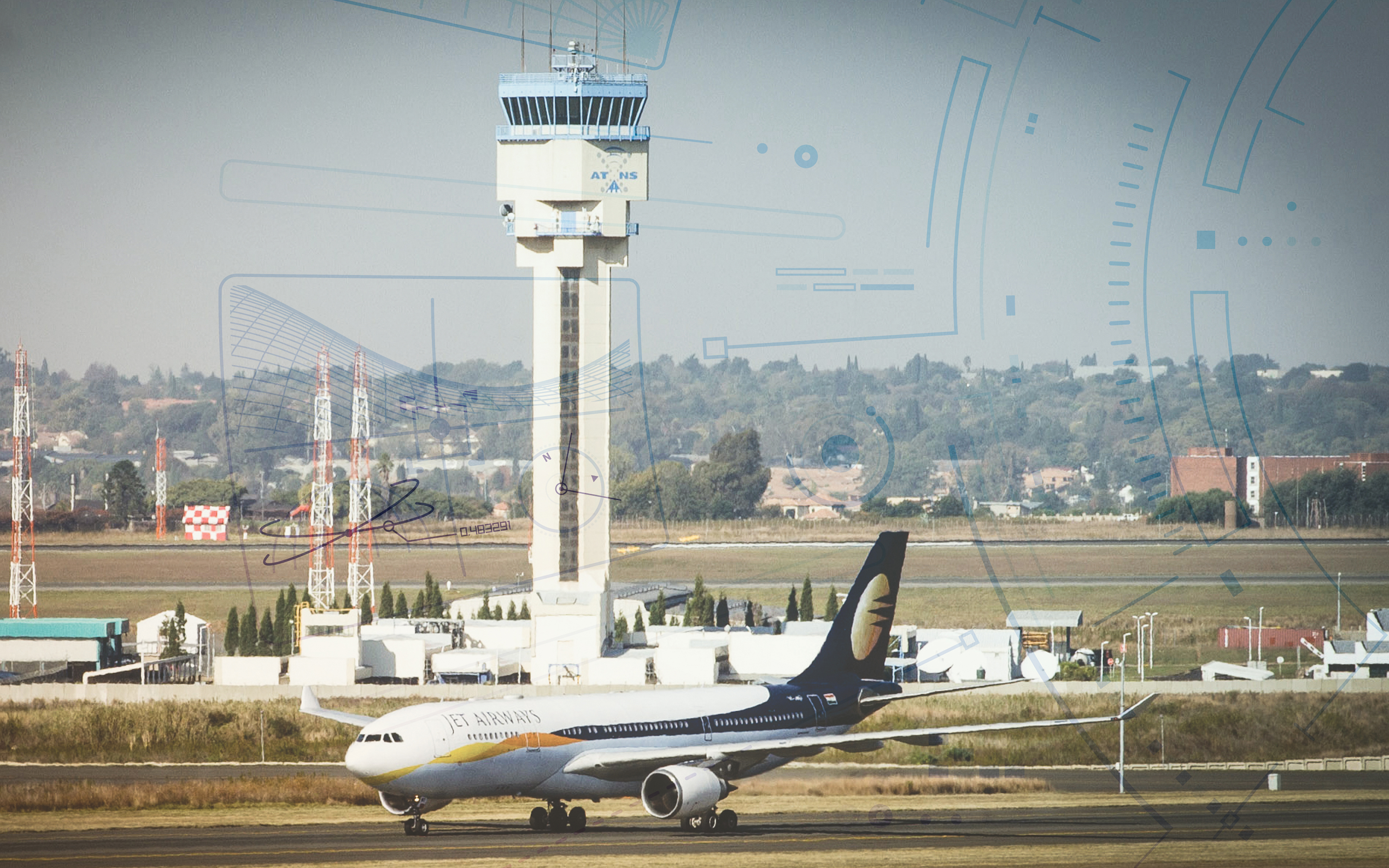It is not often that you almost immediately know the cost of bad governance. Normally, when some aspect of government is bad, it takes a long time to quantify. I doubt we will ever truly know the total cost to our economy of load shedding.
Nor will we know how many people died much younger than they would have otherwise simply because there was not enough electricity for so long.
I think you could send a team of researchers to every panelbeater and tyre shop in Joburg and still not know the total cost of potholes.
But we can see, quite starkly, some of the cost for the current Air Traffic and Navigation Services (ATNS) disaster.
As aviation expert Linden Birns put it on The Money Show on Monday night, just for Airlink alone, 4,000 passengers have had flights affected, and 2,300 of them have had flights cancelled.
That’s a large amount of inconvenience. But placing a value on the time that has been lost might be impossible. Especially if it includes tourists to the Kruger National Park and surrounding areas who now will just go back to Germany and drive next door to France next year.
What I think must really burn the aviation industry (because it really burns me!), is that ATNS just doesn’t seem to care.
In interview after interview, their spokesperson, Mphilo Dlamini, will explain how this happened – that the set of flight procedures that needed to be tested and renewed over five years was not properly assessed.
As a result, smaller airports are not allowed to use those procedures and therefore planes can’t take off and land in bad weather.
That’s all well and good. But I have heard no word of apology from ATNS.
Now, as has been pointed out many times, airlines have to pay fees to ATNS to fly. And ATNS is very very quick to refuse an airline permission to fly if it hasn’t paid up.
Because ATNS is part of the government, this only works one way. So, airlines are not able to get their money back from ATNS when it doesn’t do its job.
Which is exactly what has happened here. It didn’t do its job.
For the moment it seems only the CEO has paid a (non-financial) price. Nozipho Mdawe was placed on precautionary suspension back in March. Since then very little has been heard about what is really being done.
In the meantime, of course, Birns says that one of the major problems is that, as some flight procedures are renewed, others fall out of date. Thus ATNS is trying to play catch-up all the time. And obviously it’s battling to do that.
Once again we have members of the private sector, for-profit companies, offering to help out. In this case, because of the once-almighty dollar, many of the people who design air spaces and control air traffic have left the country and our airlines are offering to pay their salaries out of their own pockets.
This really is crazy.
/file/dailymaverick/wp-content/uploads/2025/10/20241109_070920-scaled-1.jpg)
You have a government agency that has failed and yet charges airlines for services it cannot provide. And then those same airlines, so desperate just to get things running again, offer to give this agency more money!!
And no one from ATNS has had whatever it takes to stand up and say sorry for the damage it has caused.
In so many ways this is a story you have heard many times. It is pretty much the story of governance in recent times.
Right now, in Joburg, there is a group of people from NGOs and the private sector meeting City of Joburg officials, trying to help do what needs to be done.
You will have seen me lament, several times, that this is a city with a budget of R89-billion a year. I would ask what it does with the money, but I know you already know the answer.
I’m fairly certain I know what is going to happen at ATNS now.
There will be a fairly lengthy period in which things don’t work and the airlines are vocal about it. Then, eventually, with a bit of help, the ship will right itself. And the problem will slowly go away.
For a while.
Because the ingredients that led to it happening now – the workplace culture, the practices, the global dynamics and the shortage of skills – could cause it to happen again, incredibly quickly.
In the meantime we need to somehow make sure there is longer-term change at ATNS.
And I do wonder if perhaps air field design is one of those sectors that might, suddenly, be a good career option.
Perhaps it’s a conversation I need to have with my son this evening. DM




 Illustrative image | Air traffic controller interface. (Photo: iStock) | A Jet Airways plane arrives at OR Tambo International Airport in Johannesburg. (Photo: Gallo Images / Foto24 / Nelius Rademan)
Illustrative image | Air traffic controller interface. (Photo: iStock) | A Jet Airways plane arrives at OR Tambo International Airport in Johannesburg. (Photo: Gallo Images / Foto24 / Nelius Rademan)